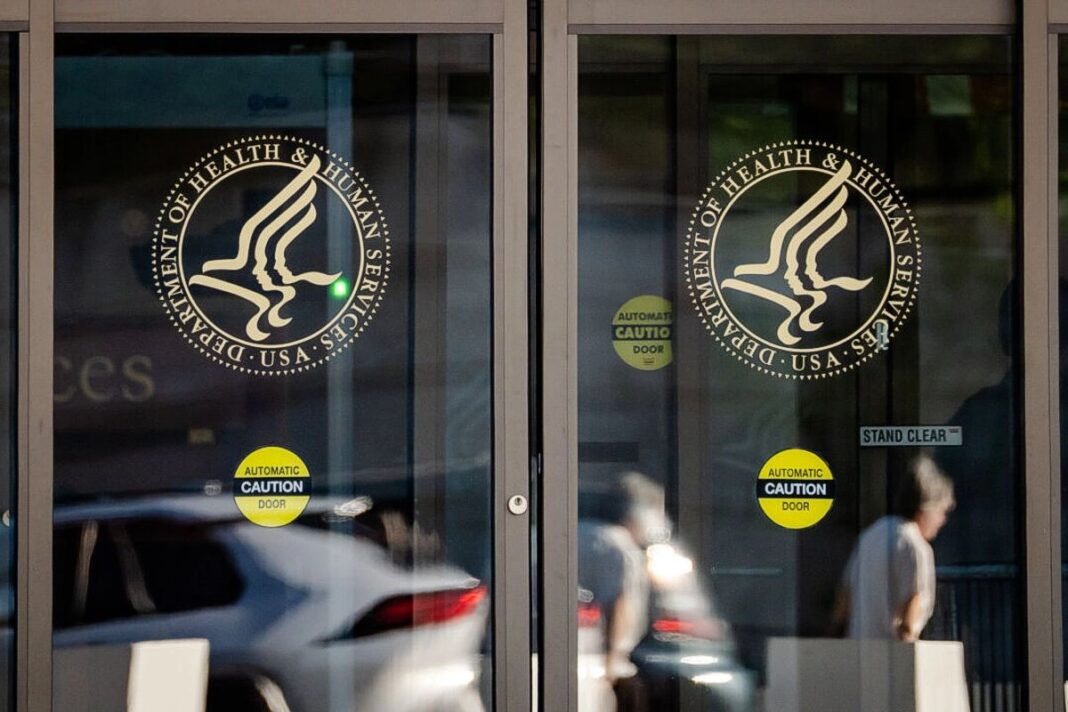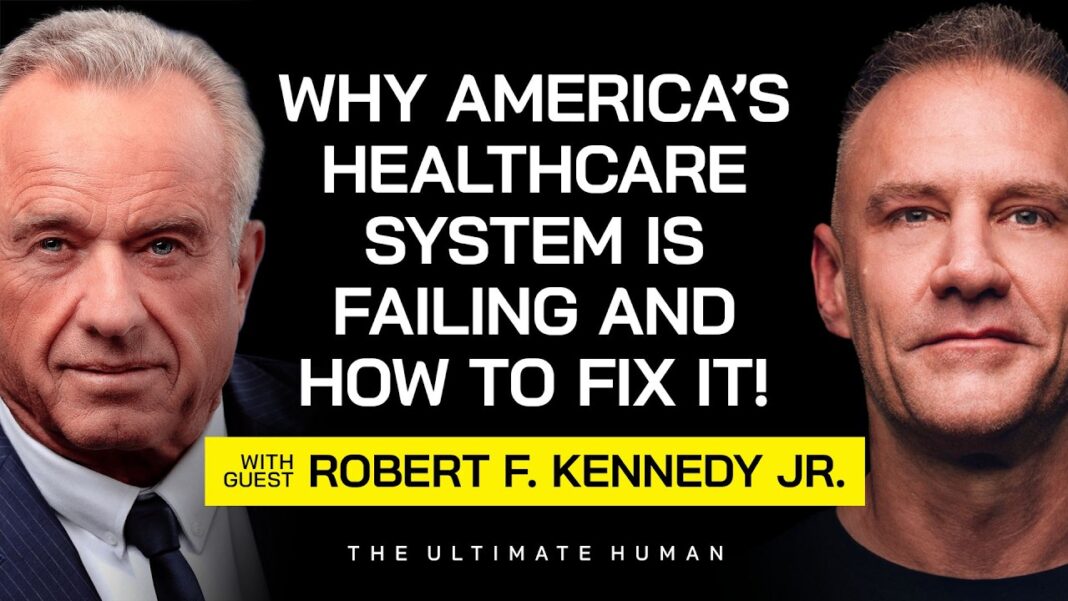The agency is now telling health care providers to no longer rely on previous ‘discredited guidelines’ for pediatric gender dysphoria.
The Department of Health and Human Services (HHS) is telling health care providers, risk managers, and state medical boards to immediately update their treatment protocols for minors with gender dysphoria.
In a letter on May 28, the agency said that it expects federally funded health care groups to follow its review that outlines the most up-to-date science to guide policies for pediatric gender dysphoria treatment. Its comprehensive review was published earlier this month and found sufficient international evidence that puberty blockers, cross-sex hormones, and surgeries pose significant risks, including irreversible sterilization.
After releasing its review, HHS said the recommended treatment plan is psychotherapy, citing it as a noninvasive alternative to “endocrine and surgical interventions for the treatment of pediatric gender dysphoria.” Some of the other cited risks include lower bone density and heart disease.
The agency is now telling health care providers to no longer rely on previous “discredited guidelines” for pediatric gender dysphoria, arguing there is “weak evidence and growing international retreat” from using puberty blockers, cross-sex hormones, and surgeries as the recommended approach for minors with the condition.
Instead, providers should adhere to the HHS review for updates to prior guidelines.
“Given your ‘obligation to avoid serious harm’ … and the findings of the Review, HHS expects you promptly to make the necessary updates to your treatment protocols and training for care for children and adolescents with gender dysphoria to protect them from these harmful interventions,” the agency wrote in its Wednesday letter.
The review mentions three previous nations that recently revised their treatment protocols for pediatric gender dysphoria and “sharply restricted” access to puberty blockers, cross-sex hormones, and surgeries: the United Kingdom, Finland, and Sweden.
“As Sweden’s national health authority has recommended, ‘[p]sychosocial support that helps adolescents deal with natal puberty without medication needs to be the first option when choosing care measures,’” the HHS wrote.
By Jacob Burg








